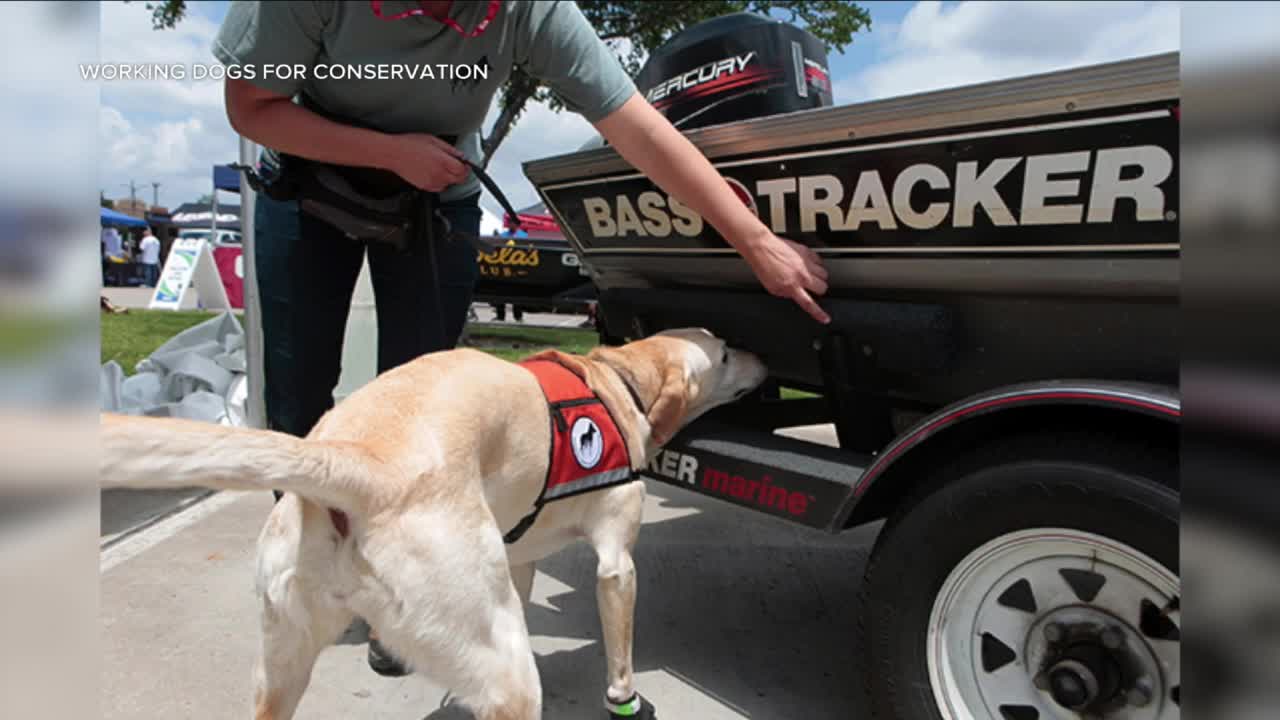TURAH — Dogs that are high energy and love to play fetch have good instincts.
Those instincts can be used for other things too, like finding invasive plants or sniffing out endangered species - local nonprofit Working Dogs for Conservation helps train dogs to do just that.
“We have trained and deployed over 200 dogs. Right now we're at about 45," Breanne Black, Community Engagement Coordinator for Working Dogs for Conservation, told MTN News.
"We have the need for dogs to go across the world for conservation," Black continued.


This Montana-based nonprofit is international. The group has trained dogs to go to Zambia to detect guns and ivory helping anti-poaching efforts, but also locally to sniff out invasive zebra and quagga mussels.
“It's a really gratifying time in the conservation dog world right now," Aimee Hurt, a co-founder of the nonprofit, said.
New scientific purposes for these special dogs keep popping up, but few decades ago, it was a different story.
“The previous two decades, it's really been based on dogs in our living rooms and training in our backyards and training all over. You've probably seen us just not knowing that you've seen us in the community," Hurt said.

When Hurt was in college, she conducted research that revealed dogs could differentiate between Grizzly and Black bear scat, breaking ground in the field.
“20-some years later we know that that level of discrimination is so easy and no problem for dogs whatsoever. But that was really new news to us and the whole field of conservation dogs at the time," Hurt said.
Turns out dogs can do a lot.
They can be trained to detect COVID-19, endangered species like Kit Fox, and invasive plants like pepperweed - all projects Working Dogs for Conservation takes on. Plus dogs can cover lots of territory quickly, so research can happen much faster.
Now with the help of a nearly $1 million dollar donation, the organization will take on eight more projects including one up on the Blackfeet Nation.
"One exciting project is up on the Blackfeet Nation. So we are going to be working with Indigenous Vision up there to identify contaminants through mink and otter scat. The dogs will be able to identify the contaminants, and then also working on chronic wasting disease with them," Black said.





